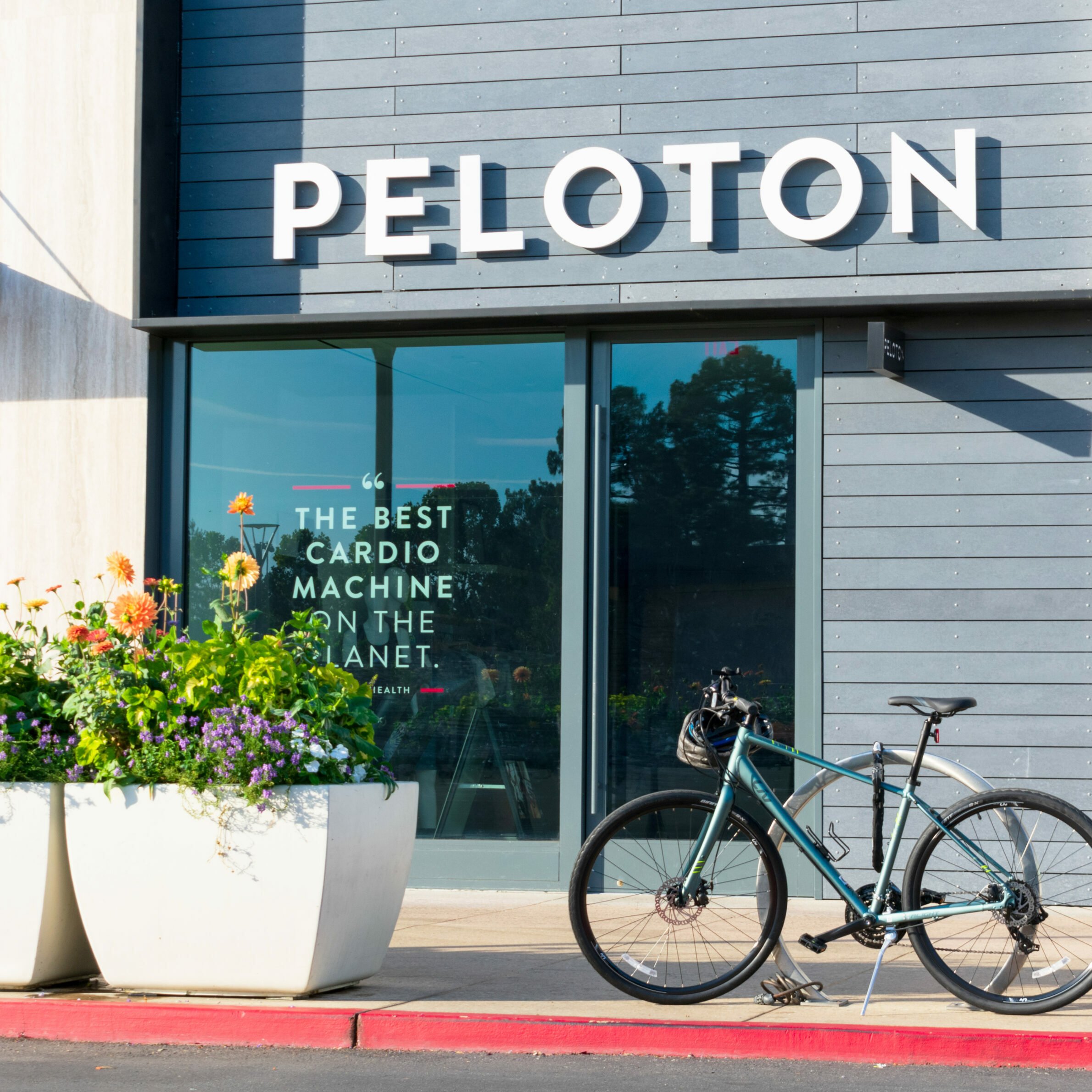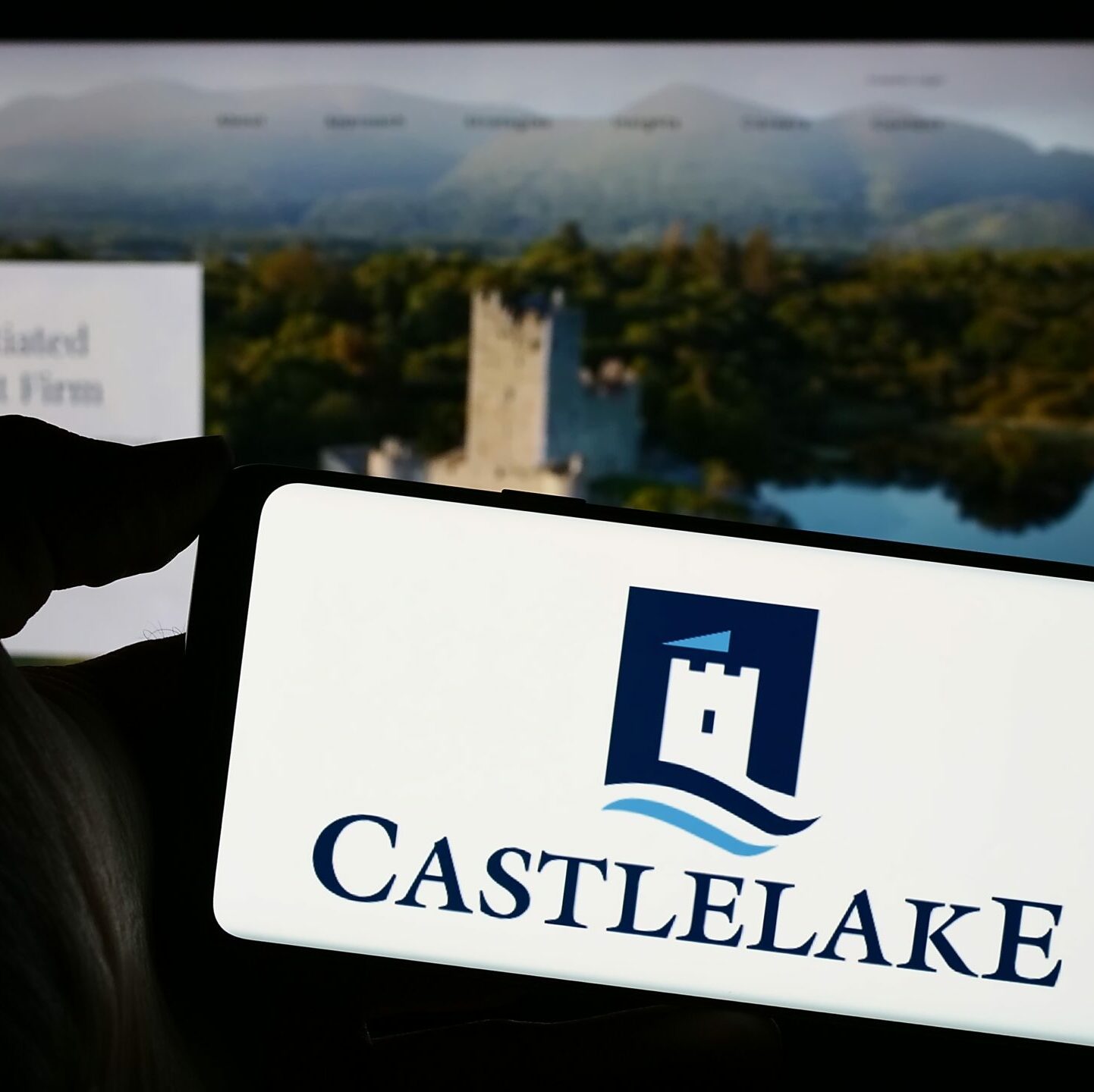Aurelius UK and Hermes GPE share insights on how they think about megatrends as part of their respective investment strategies…
The world we live in has undergone incredible transformation since the turn of the century, driven by technology advances and the creation of global networks, with digitalisation connecting businesses in new ways. This has allowed widespread disruption in the marketplace, and forced companies to re-think their traditional business models.
A series of megatrends, including globalization, climate change, demographic change (we are all living longer), digitalisation (i.e. online retail) and urbanisation (think smart cities) present huge opportunities for private equity investors, as they look for ways to finance companies – both those that are struggling in the current environment and those that have been at the forefront of innovation and made a real impact.
The evolution of retail, which has seen it move online and helped create, in Amazon, one of the biggest e-commerce platforms, generating USD232 billion in net sales in 2018 alone, has placed huge pressure on traditional high street retailers.
Tristan Nagler is Managing Director, Aurelius UK, a Germany-listed pan-European investment group that focuses on special situations, buying companies it feels it can create value through operational improvements. Megatrends such as digitalisation play a part in how Aurelius thinks about investing, but they do not dictate the agenda.
“We’re not a firm that is invests based on fads, fashions or “en vogue” trends,” says Nagler. “However, we certainly need to be mindful of them when making investments. For example, in the case of e-commerce, if we are looking at a retailer, we have to consider whether the business has a sustainable, future-proof model. It could be that the retailer is not e-commerce friendly but needs to become so. That would be a good opportunity for us to provide operational support.”
One of these businesses was Connect Books, which Aurelius acquired from FTSE-listed specialist distribution company Connect Group Plc, in February 2018. Rebranded as Bertram Group, the strategy is to accelerate growth across its full brand range and focus on expanding the business’s international footprint, service offering, marketing capabilities and e-commerce platform.
A question that Aurelius will typically ask is, ‘What is Amazon going to do? What is the likelihood it will end other book retailers?’
It was the same when Aurelius acquired Wex Photo Video, the UK’s leading online photo retailer.
They already had an e-commerce component to their business model but during the due diligence phase, thinking about how Amazon might influence the online photography sector was a key consideration.
In that sense, the e-commerce megatrend is important in terms of thinking about a target company’s competitiveness or sustainability in a particular sector – be it books or photography – but it does not have to be a central component of an existing business model.
Even the building construction industry is being heavily influenced by e-commerce.
“We understand from our contacts in the construction space that an estimated quarter of all building products are now sold and bought on Amazon – that’s where many builders are now going to buy supplies, rather than traditional merchants. Nowhere is beyond the reach of e-commerce, even heavy goods operators,” says Nagler.
One other example of how Aurelius thinks about the wider effects of digitalization and the prominence of online platforms was its decision in September 2016 to acquire the European business activities of the US-based Office Depot Inc.
Within Office Depot Europe, its Viking brand is regarded as a leading, multi-channel provider of office supplies, printing and document services, paper, computers and printers, office furniture and business services including facility management to over 1.2 million small and mid-sized firms in ten European countries.
Traditionally, the firm would produce and distribute catalogues; something that people no longer find interesting, preferring instead to go directly online.
“When considering investing in Office Depot,” explains Nagler, “we thought carefully about whether there was a sustainable space in the market for a specialist retailer and whether one of the large general ecommerce platforms, such as Amazon or eBay, might have the scope to dominate the channel.
“We felt Office Depot Europe was a strong and sustainable enough as a specialist retailer, and that there was sufficient scope to broaden its products and offerings to the sector. Lots of e-commerce businesses have chosen to remain focused on ‘specialist’ areas, to give customers a reason to buy from them compared to just going somewhere general, like Amazon.”
Some investors are convinced that a sector view of finance is redundant. As Private Equity International reported, Amundi Asset Management is seeking EUR500 million for its Megatrends II Fund, having raised over EUR300 million last year for the first iteration of the fund.
Over at Hermes GPE, Elias Korosis oversees the firm’s innovation-led growth investment programme and serves as the portfolio manager of the Hermes GPE Environmental Innovation Fund, a specialist growth equity/venture capital fund focused on sustainable growth.
“We think of three main themes for our growth strategy: people, planet and productivity,” confirms Korosis.
On the productivity side, thanks to the advance of technology, new disruptive companies have started eating into the market share of established companies and have been able to scale up a lot faster than was traditionally popular; the best example of this is the prevalence of smart phones.
When thinking about megatrends, and how these tie in with impact investing, Korosis states that the growth companies he and his team seek out are those who affect change in the first instance and make a tangible difference.
“The way we look at mega trends is by asking, ‘Who are the companies charging ahead, independent of the cyclical conditions in any one particular market?’ What makes a secular trend is something that has structural tailwinds, and is affecting change in a wide number of companies.
“One example of that is ageing populations. There’s going to be more demand for elderly care services, as we are increasingly living longer. On the growth side, we focus our investment ideas on areas where you have different business models that are actually changing the way that people are consuming and that are aligned with some of these mega trends,” explains Korosis.
Take Lyft, for example. Admittedly, since it IPO’d in March this year its stock price has fallen nearly 25 per cent, which has angered some investors, but this is a company that listed with a valuation of around USD24 billion, having only been founded seven years ago.
Spotify, the music streaming company with 71 million premium subscribers, has blazed a trail in terms of how people listen to, and share music, achieving a valuation of USD26.5 billion when it did a direct listing on the New York Stock Exchange last April.
“One trend we are looking at is the move towards autonomous and electric vehicles and the impact this could have on the manufacturing industry,” adds Nagler. “We expect huge change is going to come in the sector, but for Aurelius, we still see great value in the legacy manufacturers of combustion cars, for which there remains a huge market which is likely going to have a long tail of demand.”
Aurelius looks at legacy businesses and what their potential is to grow and thrive in tomorrow’s world, whereas over at Hermes GPE, Korosis and his team are looking at the Lyft’s and Spotify’s of the world, who have the potential to truly disrupt.
The second theme that Hermes GPE considers is ‘people’ and what affects their consumption habits.
“Lots of companies are growing fast on the back of people abandoning the old fashioned mode of consumption,” says Korosis. “This also applies to healthcare but more from an innovation perspective; not so much traditional hospital-based healthcare, but new ways of delivering healthcare. Can you shortcut the process and remove a lot of the administration in the healthcare system before you get to see a doctor? A lot of companies are trying to shortcut this process.”
When John Snow discovered the source of a cholera outbreak in London in 1854, he propagated the idea of washing one’s hands as part of good hygiene to combat the disease and it spread around the world. At that point, it had a momentous impact.
Suddenly, health rates improved across the world.
Hermes GPE seeks to invest in growth companies that have the potential to be a game changer, like John Snow was as the father of modern epidemiology.
“With regards to the planet, there are issues of tremendous impact happening right now, which we do not think can be solved using the old world model of doing business. There is a positive incremental impact providing finance to wind farm producers for example but as these practices become widespread, the ‘relative’ impact of the extra dollar is linear.
“Where we are interested in the innovation space, and where our growth strategy focuses, is on the non-linear effects of innovation.
“We are looking for companies that have brought the technology for onshore wind or solar to be on par with fossil fuels; i.e. the companies that actually change the game. To solve the planet’s problems, you need to find game changing solutions that then have the potential to scale very quickly,” explains Korosis.
As investors become more attuned to corporate governance and assessing the ESG credentials of companies so the level of investor activism is on the rise. This has long been a common feature of corporate America but in the UK and Europe, there are signs that activism is gaining prominence, causing companies to reassess their business models and sell non-core assets. This is leading to more carve-out opportunities for Aurelius, Hermes and other PE investors to consider.
Aurelius’s fourth annual corporate carve-out survey found that North American acquirers are likely to be the most active buyers of European non-core assets, increasing from 8 per cent in 2018 to 18 per cent in 2019 among the survey’s respondents. It further found that 64 per cent of respondents expect the volume of corporates looking to divest of European assets to increase in 2019.
“A key trigger for activism is board complacency,” suggests Nagler. “Activist intervention really makes boards think proactively about best practice such as active portfolio management and reviewing businesses to root out non-core or neglected assets.”
Hermes GPE is not a special situations investor, as Aurelius is, and thinks about sustainability in broad terms; i.e. companies who are disrupting the global leather industry, companies disrupting the way street lighting is deployed in cities.
“There are other types of investments that led to better use of resources including industrial innovation. I think that will be increasingly driven by sustainability tailwinds. Before it was okay to pollute and get away with it. Going forward, I think litigation and taxation risks are going to grow for companies that aren’t behaving the way they should be, and those who lead the way are expected to be better investment performers.
“We believe sustainability can lead to better investment outcomes,” concludes Korosis.
Whichever way PE investors think about megatrends in their investment strategies, from distressed through to growth equity/VC, the opportunities to back successful companies able to thrive in a more interconnected global economy are myriad.






